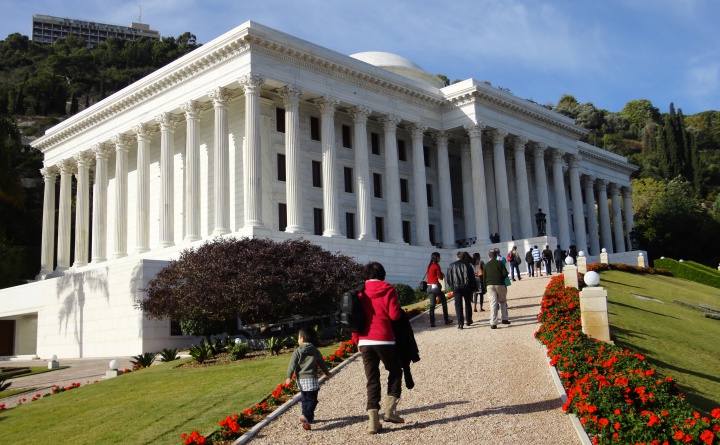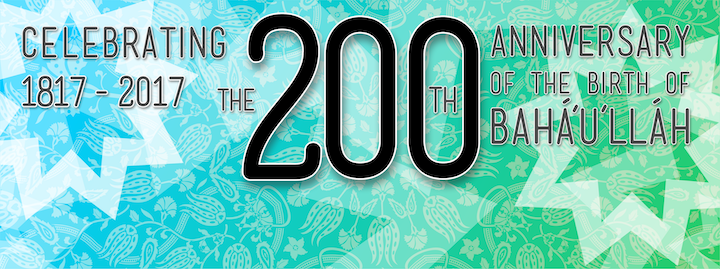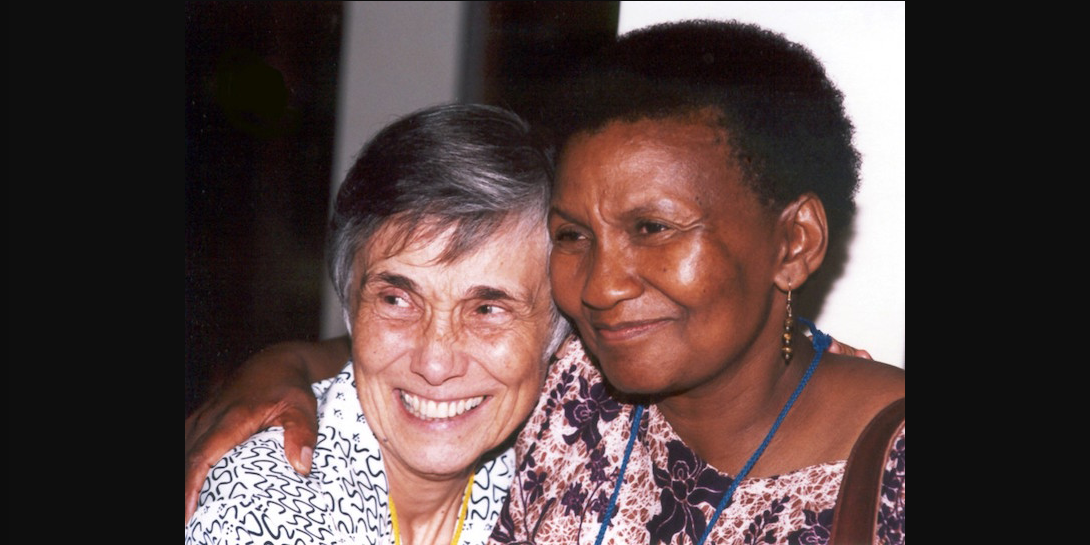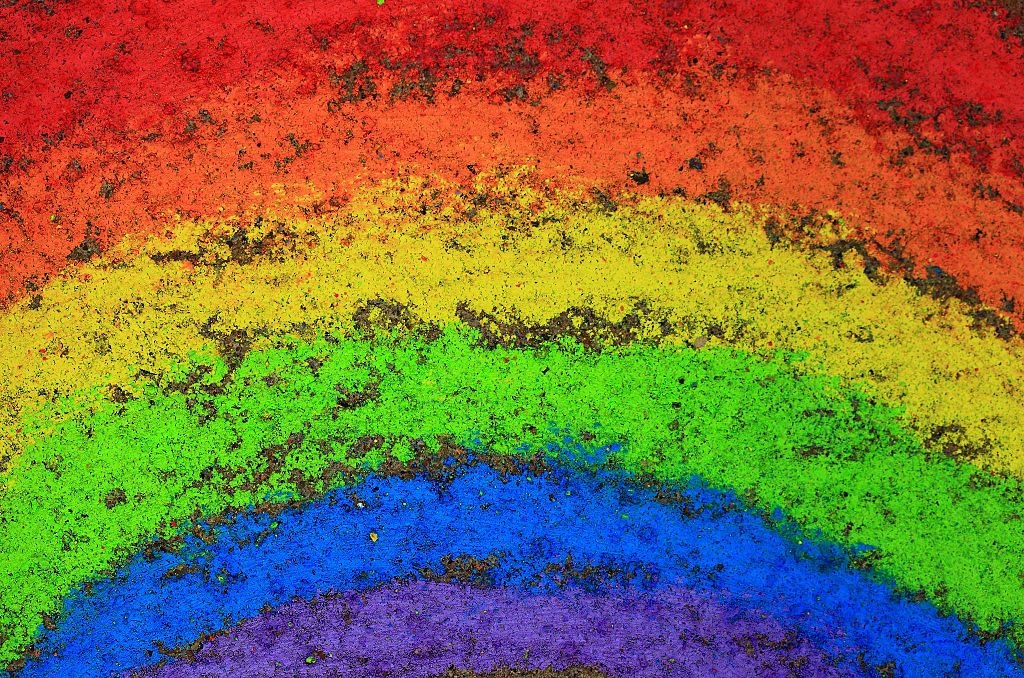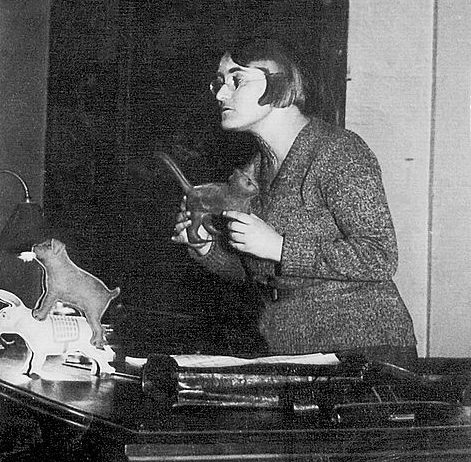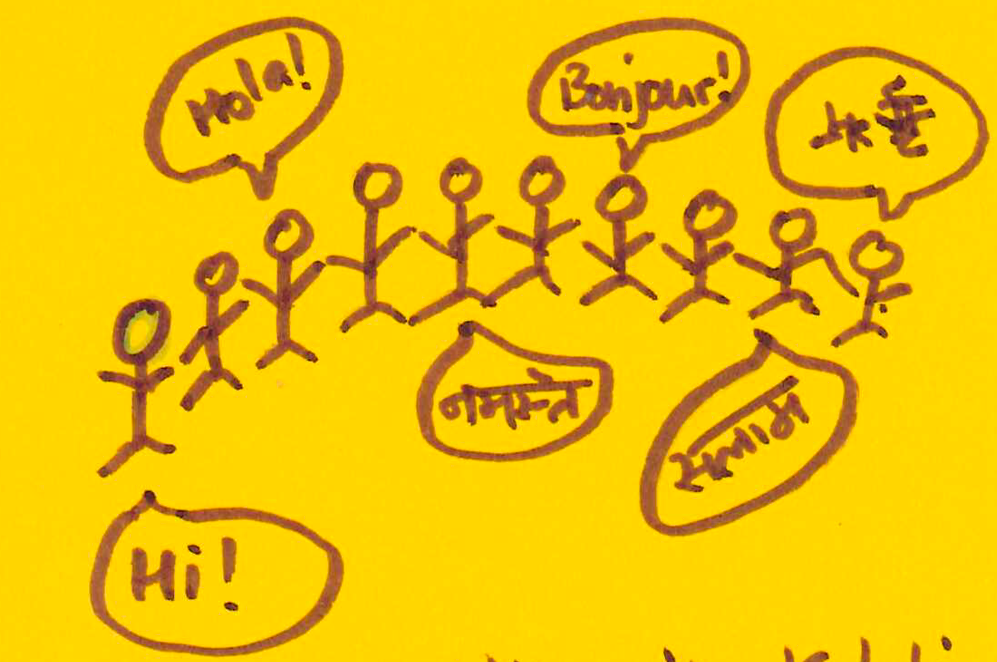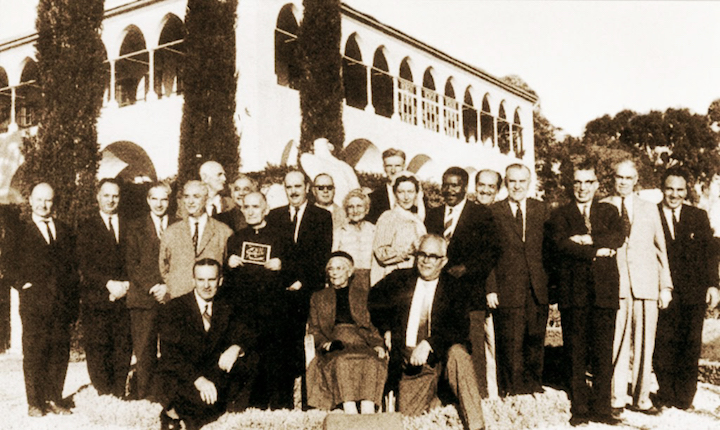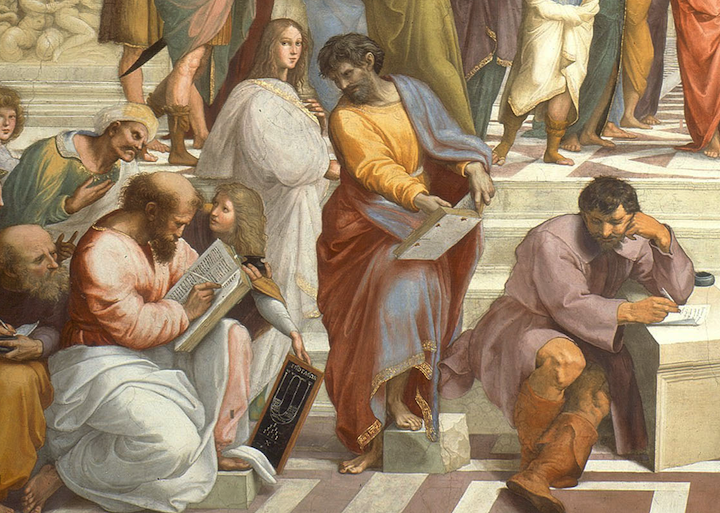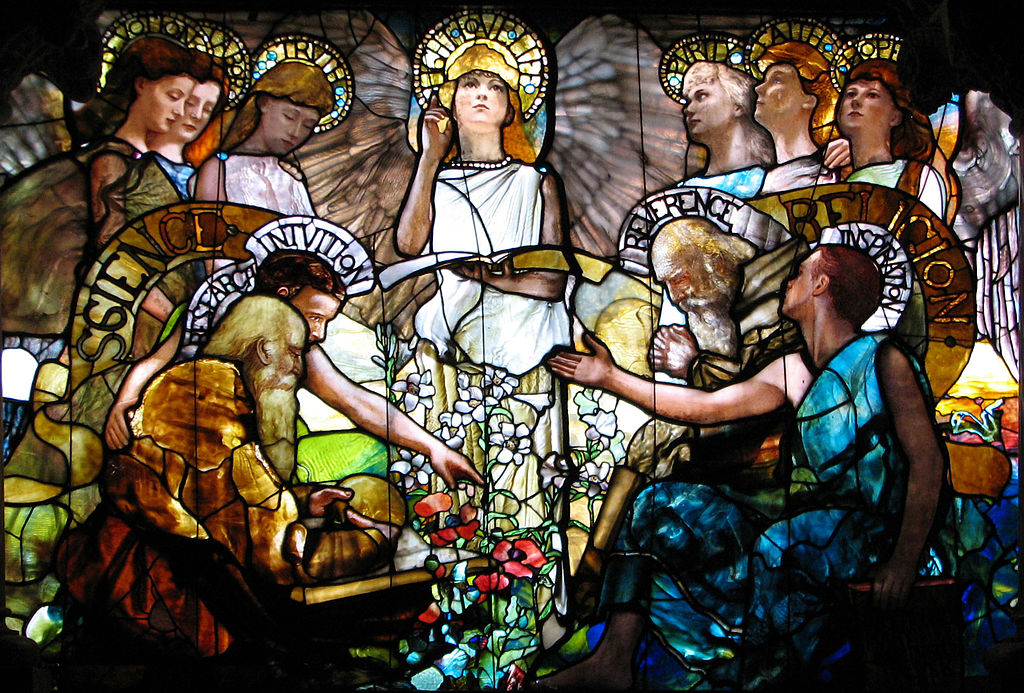Baha'u'llah
-
Weaving the Future from the Threads of the Past
Across the world, the 19th century was a time of dramatic change. From our 21st century vantage point we may perceive it as “old fashioned” but in truth it was a time of change such as the world has rarely seen. In some places the world experienced revolutions, in others wide ranging reforms arose in almost every aspect of society. This was the time when the modern world was born. Bahá’u’lláh lived at this time and his writings are often directed to the reform of society. How Bahá’u’lláh goes about weaving the future from the threads of the past provides insights to Bahá’u’lláh’s work that offer food for reflection. Often the past is…
-
Words of Love
I loved thy creation, hence I created thee. Wherefore, do thou love Me, that I may name thy name and fill thy soul with the spirit of life.[1] Armed with the power of Thy name nothing can ever hurt me, and with Thy love in my heart all the world’s afflictions can in no wise alarm me.[2] Commit not that which defileth the limpid stream of love or destroyeth the sweet fragrance of friendship. By the righteousness of the Lord! Ye were created to show love one to another and not perversity and rancor. Take pride not in love for yourselves but in love for your fellow-creatures.[3] Set ye aside My love, and commit what…
-
Before the Dawn: The Bab – Prophet Herald
Several times we’ve encountered mention of the Bab – the prophet-herald of Baha’u’llah. Here, is a little of the story of the time that preceded Baha’u’llah, as told in Nabil’s Narrative. The time before the dawn. Mulla Husayn, a young seminarian, was undertaking a search. He was carrying out the last wishes of his spiritual teacher who had passed away not long before. Before his death, this teacher had instructed Mulla Husayn and his fellow students to disperse and search for the new messenger of God. For this was the time foretold – the time of the return. The time when the ancient promises of sacred writings would be fulfilled. They would find that messenger if…
-
Work is Worship
Among Bahá’u’lláh’s Glad Tidings is one directed to what we spend most of our waking time doing: working. Often, in the past “sacred” has been taken to imply set apart. A special caste was concerned with the administration of the sacred. The ordinary day to day activities of life were not sacred. Bahá’u’lláh overturns this separation. Work is worship. It is enjoined upon every one of you to engage in some form of occupation, such as crafts, trades and the like. We have graciously exalted your engagement in such work to the rank of worship unto God, the True One. … Waste not your time in idleness and sloth. Occupy yourselves with that which profiteth yourselves and…
-
Adam and the Rainbow Serpent
In ancient biblical lore Adam is the first human and the creation story of Adam and Eve is well-known. Adam and Eve are cast as responsible for the “fall of man” through their disobedience in eating from tree of good and evil. This story is regarded as a metaphorical rather than literal in the Baha’i teachings.[1] In the Qur’an, Adam and Eve also appear, but the story is told differently. In Islam, Adam is regarded as the first prophet, not just the first man. Adam’s disobedience, as it is told in the Qur’an, however, does not condemn humanity. There is no doctrine of original sin. God forgives Adam. As an aside,…
-
Lidia Zamenhof and a World Language
Lidia Zamenhof’s famous father was the creator of the Esperanto – perhaps the most successful effort to create an international language. Lidia herself devoted herself to promoting the language and also to teaching the Baha’i Faith of which she had become a member. Undoubtedly Bahá’u’lláh’s call for adoption of a world language would have resonated strongly with her, given her own commitment to it. Her own life was tragically cut short in World War II, the coming of which Bahá’u’lláh specifically predicted. Irrespective of the specifics, it’s clear that World War II was one of the consequences of clinging to patterns of thought and modes of behaviour inadequate to the…
-
Into the Prison City: Suffering of the Prophets
Yesterday we read Bahá’u’lláh’s good news. Yet Bahá’u’lláh’s own life was full of suffering. “O the misery of men! No Messenger cometh unto them but they laugh Him to scorn.” …“Each nation hath plotted darkly against their Messenger to lay violent hold on Him, and disputed with vain words to invalidate the truth.”[1] Bahá’u’lláh was exiled from place to place at the whim of absolute rulers who held his life and that of his loved ones in their hands. I have been, most of the days of My life, even as a slave, sitting under a sword hanging on a thread, knowing not whether it would fall soon or late upon him.…
-
Good News — Bahá’u’lláh’s Glad Tidings
Good news — glad tidings or “gospel”, to use an old English word. In Arabic, “bisharat”. Bahá’u’lláh’s Glad Tidings are a short collection of teachings concerned with reform of the world. They are addressed to all human beings. Bahá’u’lláh notes the abolition of the following as key consequences of his Glad Tidings. The abolition of holy war, destruction of books, the ban on association and companionship with other peoples and on reading certain books. There are 15 Glad Tidings. The following is a brief summary of some of them, sometimes accompanied by a personal reflection. Of course it is best to refer to the Glad Tidings themselves. The first glad tiding is the…
-
Harmony of Science and Religion — Dispelling Superstition
“Among … principles of Bahá’u’lláh’s teachings was the harmony of science and religion.” With words such as these ‘Abdu’l-Bahá introduces us to another core principle he identifies in Bahá’u’lláh’s teachings and thought. But what does this principle mean and how does it relate to the quite fractious debates that emerge from time to time in society? ‘Abdu’l-Bahá goes further: Religion must stand the analysis of reason. It must agree with scientific fact and proof so that science will sanction religion and religion fortify science. Both are indissolubly welded and joined in reality. If statements and teachings of religion are found to be unreasonable and contrary to science, they are outcomes…


